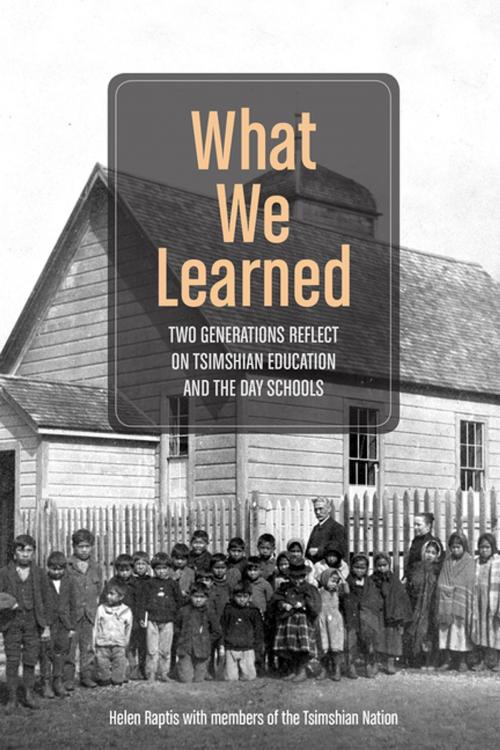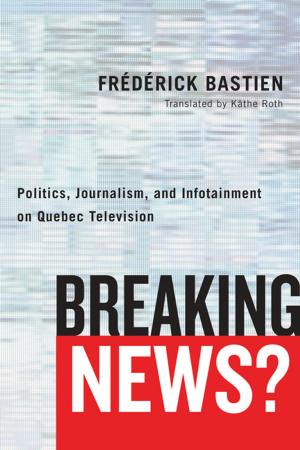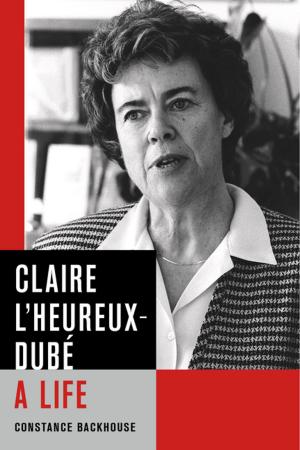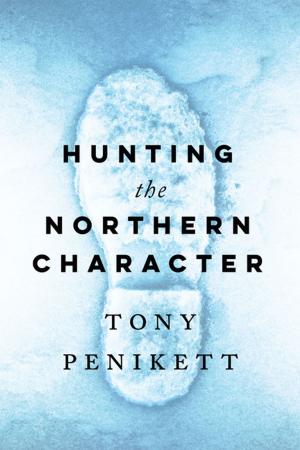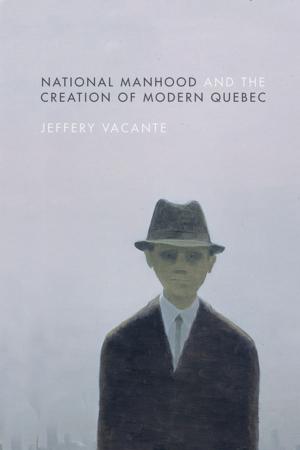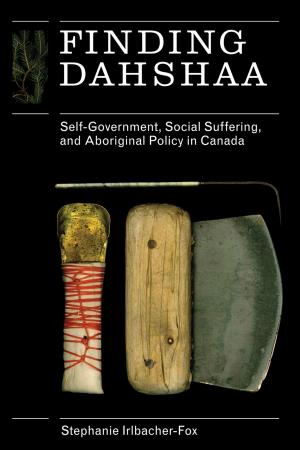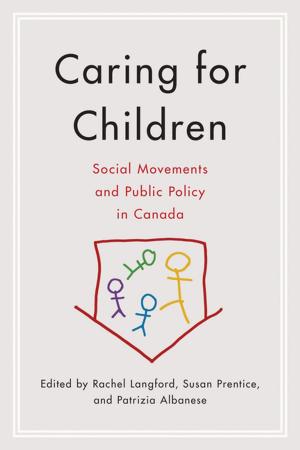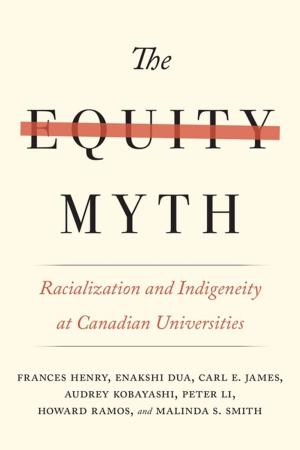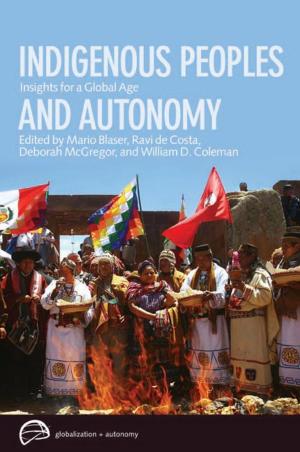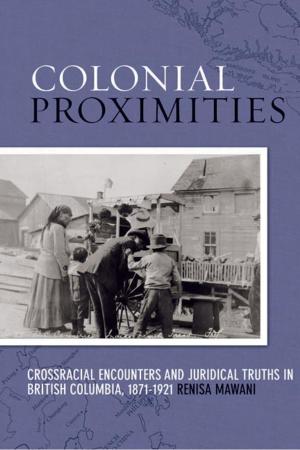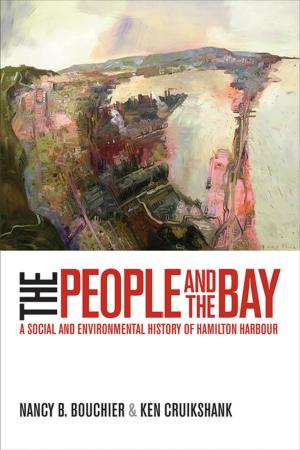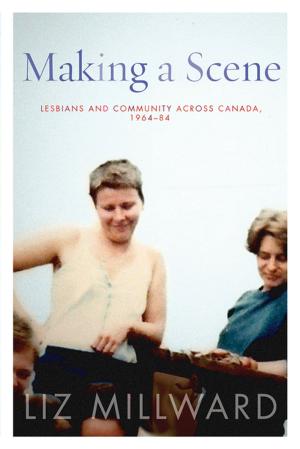What We Learned
Two Generations Reflect on Tsimshian Education and the Day Schools
Nonfiction, Reference & Language, Education & Teaching, History, Social & Cultural Studies, Social Science, Cultural Studies, Native American Studies, Canada| Author: | Helen Raptis | ISBN: | 9780774830225 |
| Publisher: | UBC Press | Publication: | February 1, 2016 |
| Imprint: | UBC Press | Language: | English |
| Author: | Helen Raptis |
| ISBN: | 9780774830225 |
| Publisher: | UBC Press |
| Publication: | February 1, 2016 |
| Imprint: | UBC Press |
| Language: | English |
Stories of Indigenous children forced to attend residential schools have haunted Canadians in recent years. Yet most Indigenous children in Canada attended “Indian day schools,” and later public schools, near their home communities. Although church and government officials often kept detailed administrative records, we know little about the actual experiences of the students themselves.
In What We Learned, two generations of Tsimshian students – a group of elders born in the 1930s and 1940s and a group of middle-aged adults born in the 1950s and 1960s – reflect on their traditional Tsimshian education and the formal schooling they received in northwestern British Columbia. Their stories offer a starting point for understanding the legacy of day schools on Indigenous lives and communities. Their recollections also invite readers to consider a broader notion of education – one that includes traditional Indigenous views that conceive of learning as a lifelong experience that takes place across multiple contexts.
Stories of Indigenous children forced to attend residential schools have haunted Canadians in recent years. Yet most Indigenous children in Canada attended “Indian day schools,” and later public schools, near their home communities. Although church and government officials often kept detailed administrative records, we know little about the actual experiences of the students themselves.
In What We Learned, two generations of Tsimshian students – a group of elders born in the 1930s and 1940s and a group of middle-aged adults born in the 1950s and 1960s – reflect on their traditional Tsimshian education and the formal schooling they received in northwestern British Columbia. Their stories offer a starting point for understanding the legacy of day schools on Indigenous lives and communities. Their recollections also invite readers to consider a broader notion of education – one that includes traditional Indigenous views that conceive of learning as a lifelong experience that takes place across multiple contexts.
